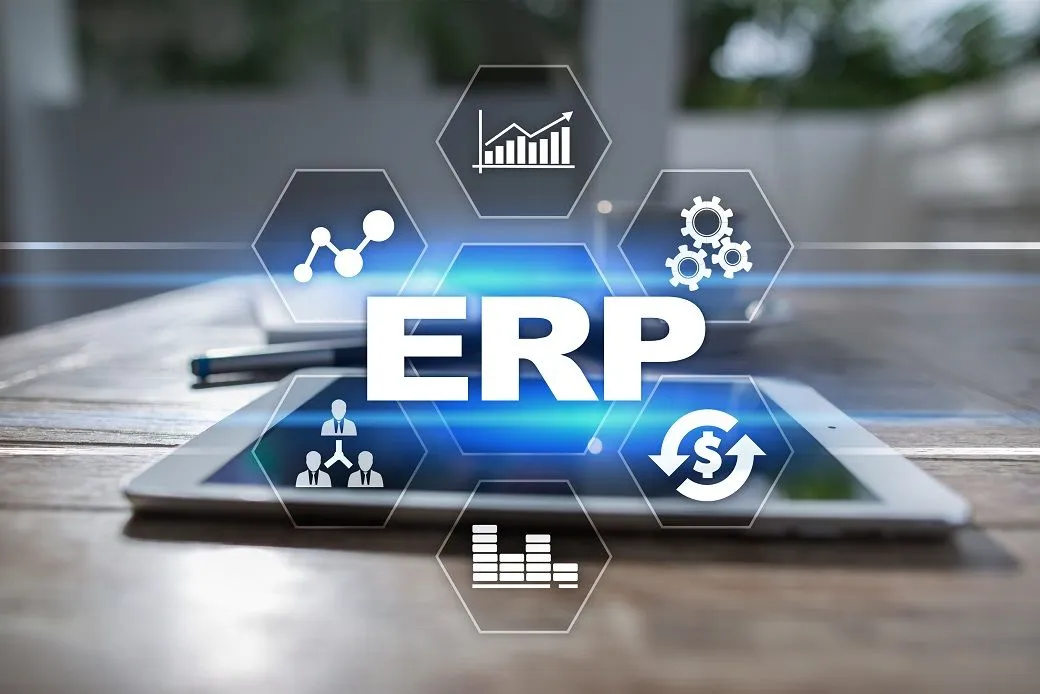ERP or enterprise resource planning systems are long-term investments that affect all aspects of a company, so making the right choice is crucial. An ERP system should meet each department’s needs while accomplishing overall objectives. Here, we will list some factors to consider when selecting ERP software.
Know the Company’s Goals
To maximize the system’s usability and the company’s profitability, owners and managers must know where they’re excelling and where improvements can be made. The chosen ERP system should be able to strengthen those areas. For example, if an existing system can’t provide timely reports, a requirement may be a real-time look at the company’s financials. If there are losses related to inventory surpluses, one may choose a system with inventory management capabilities.
In selecting the right ERP system, it’s essential to consider the difficulty and expense of software customization. Business owners should look for packages that handle most of their needs with little customization required. Keep in mind that, the more a system is modified, the more problems it will have and the more maintenance it will need.
Consider the Company’s Budget
Purchasing an ERP system is an investment that carries high labor and monetary costs. Additionally, the transition may be difficult, disruptive, and long. The company’s budget must be able to absorb these costs, and owners should leave some wiggle room in case problems arise.
Long-term expenses, except for emergency maintenance, are easier to predict. ERP software is vulnerable to problems when security patches and updates are applied, simply because so many components are used.
Get Everyone Involved
Most, if not all, of a company’s workers will notice the effects of ERP system implementation. For some team members, it will bring broad changes to the way work is done. Therefore, it makes sense to include these people in the selection process. When employees feel as if they have a say in the matter, buy-in increases and disagreements are less likely.
It’s vital to have an ERP manager who handles daily operations, manages updates and modifications, answers questions, and trains users. It’s a full-time job, which leads many companies to hire outsiders to fill the role. Business owners must also have enough IT resources to keep systems running and resolve problems as they appear.
Consult an Expert
Most managers and business owners should seek outside advice when selecting and installing ERP software. Substandard planning may create delays, result in overspending, and bring subpar performance. It’s best to work with someone who knows the chosen platform, as well as the business’ practices and needs.
When choosing an ERP system, it should come with a maintenance agreement from the software vendor or a reliable, knowledgeable third party. Advisers with diverse ERP experience can help owners implement software effortlessly, customize it to their needs, and avoid major problems.
In Closing
ERP systems consolidate many of a company’s functions, improving efficiency, collaboration, communication, and profits. If a business is outgrowing its existing software functions, it may be a good idea to implement an ERP system. However, choosing and installing such a system can be challenging, as it requires planning, forethought, and training. Because these systems affect all areas of a company, it’s important to tread carefully. Technology Evaluation Centers makes it easy to compare various systems’ features and capabilities, ensuring that owners make informed decisions.

